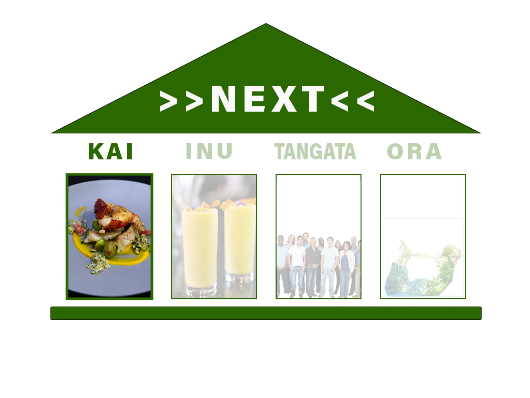Resources
Course Introduction
Mental Health is a significant component of wellness at work and a contributor to the stresses and unhealthy patterns that can lead to a dysfunctional work/life balance, and in worst case scenarios, serious mental health illnesses and suicide.
Hospitality places huge internal pressures on performance, dealing with dissatisfied customers, unusual and often long hours, unhealthy eating, and generally a damaging work lifestyle.
Mental Health in the Workplace – Creating Well Workplaces
This platform is aimed at educating and supporting our industries wellbeing, helping our sector rebuild itself and thrive, creating a community for chefs, front of house teams, business owners, suppliers, farmers, and growers. This programme will be pointed toward understanding how to create and cultivate a well workplace.
It offers owners, operators and managers information on how to implement strategies and processes to achieve this along with a variety of tools and training resources.
In recent years, the untimely and premature deaths of high-profile chefs and industry icons, have generated calls for greater awareness and openness around mental health issues in the hospitality industry.

Anxiety,
depression, stress, isolation, loneliness, and substance abuse are on the rise,
more so than ever, as the economic and social distancing rules of Covid impacts
businesses.
Economic
pressures on businesses in the Hospitality sector has a domino effect for
owners, managers, and staff. The loss of a job or the decrease in the stability
of a business in turn, increases the risk of those being affected to mental
health issues. Hospitality employees are under significant strain as the
long-term effects of recent events start to impact their jobs, and some are
identifying that the job itself is damaging to their mental wellbeing.
The need to be creating supportive workplaces, encouraging useful and safe dialogue between employers and employees, and the promotion of positive wellbeing without the stigma of mental health being an issue, is now paramount.

Hospitality
Before we take a look at our workplaces, lets first understand and acknowledge what hospitality is. Where it came from, what is means, and the unique hospitality provision in NZ

What is the origin of Hospitality?
The
definition of hospitality is the friendly and generous reception and
entertainment of guest, visitors, or strangers, derived from the Latin word hospes,
meaning host, guest or stranger. The industry itself dates back to the ancient
Greek times and even before that.
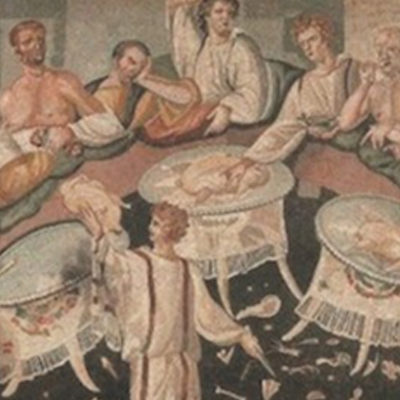
- Around 40 BC, hospitality services for social and religious gatherings were quite a common phenomenon.
- About this time the Greeks came up with thermal baths that were designed for recuperation and relaxation.
- These thermal baths are said to be the origin of what we know as the modern-day Spa.
- Then came the Romans who provided accommodation for travellers on government premises. Here, comfort and entertainment were the names of the game.
Early Hospitality in NZ
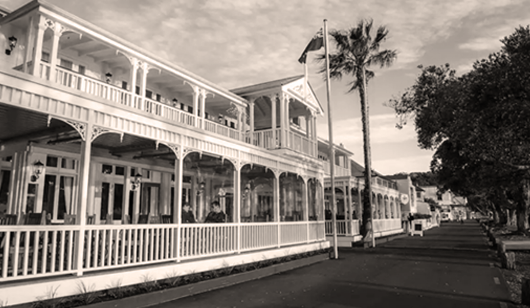
- The earliest New Zealand hotels were established in Northland and one of the first was opened in the 1830s at Hōreke on the Hokianga Harbour.
- The country’s first licence went to the Duke of Marlborough Hotel. The ‘Duke’ was burnt down during the Northern war of 1845, and replacement hotels twice succumbed to accidental fires.
Auckland’s
first hotel was the Royal, whose brief life from 1841 to 1847 shows the
important and varied role hotels often played in colonial times. The Royal
hosted an extravagant dinner for Governor William Hobson, became a temporary
barracks for troops during the war in the north, acted as a transport centre
for the weekly coach service to Manukau, and hosted political meetings. In 1843
the hotel was the venue for Auckland’s first theatrical performance – at that
time hotels were the favoured venue for touring entertainments. NZ has a rich
history in hospitality.
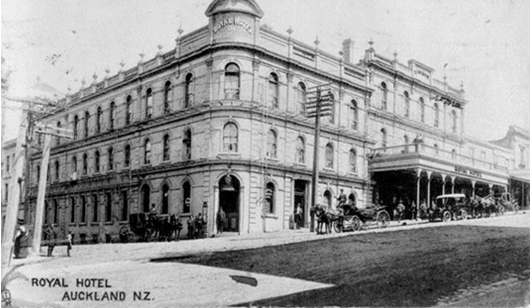
Hospitality in NZ
Currently around 171,000 workers are employed and approximately 23,320 businesses or service entities are involved in Hospitality provision in New Zealand.
There is a collection of business sectors that sit under the umbrella term of the Hospitality Industry.
These include:
- Accommodation
- Food & Beverage
- Travel and Tourism
- Meetings and Events
- Attractions
- Entertainment and recreation
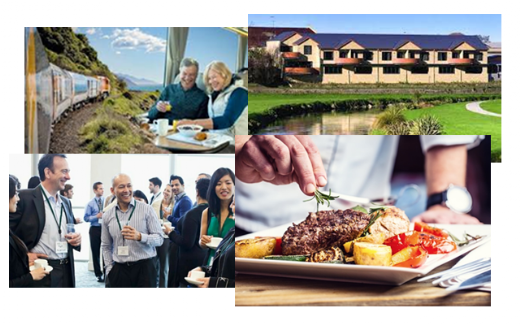
NZ
hospitality is entrenched in the traditions of Manaakitanga - a Maori word that
loosely translates to 'hospitality’ – and it sits at the heart of the nation's
indigenous culture
Manaakitanga
is key to Maori society and inspires the way that travellers are made to feel
welcome when visiting New Zealand
Today, the concept of Manaakitanga is central to the New Zealand tourism industry and forms one of the core values of the New Zealand Tourism Strategy

Understanding Manaakitanga
Manaakitanga
is a traditional value that is considered to be hugely important in Maori
culture.
The
art and skill of hosting visitors, being generous and caring about the
treatment of others translates naturally to hospitality and ensures that
visitors, both international and domestic, are made to feel welcome in New
Zealand, no matter who they are or where they are from.

The
provision of food and rest for visitors is considered extremely important in
Maori. Whether the event is large or small, the focus of the hosts is to make
visitors feel comfortable and welcome.
Why understanding Manaakitanga is important
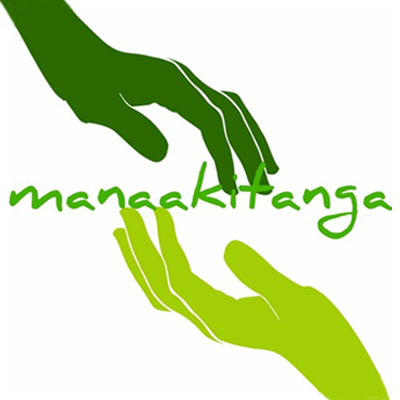
- Manaakitanga
is described as the art of hosting visitors and makes kiwi hospitality unique.
- It is
being hospitable and looking after others and caring about how they are
treated.
- Manaakitanga
can identify with several translations
- Mana-ā-ki
- The power of the word. Being expressive and communicative
- Mana
/prestige – and Ki te tangata/to
the people. Enhancing the status, using integrity and being welcoming
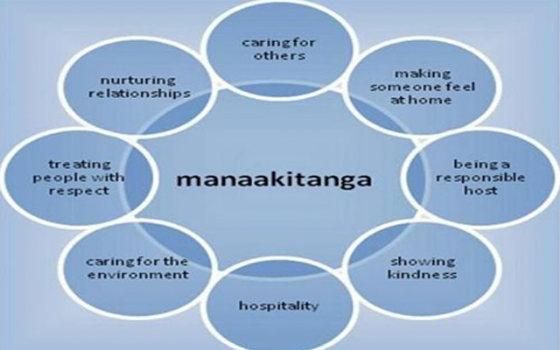
Manaakitanga
encompasses reciprocal hospitality and respect. Having values and making a
continuous effort to be generous hosts. In
Maori culture the provision of food and rest takes utmost importance. Particular
emphasis is placed on feeding the guests.
Manaakitanga is a time-honoured practice but most of all references members of communities caring for themselves and each other, as well as their visitors.
Creating Culture in the Workplace
If we
are to create a culture within the workplace – we then must look at the key
ideologies of Manaakitanga.
The Four Pillars
Food

Kai
Beverage
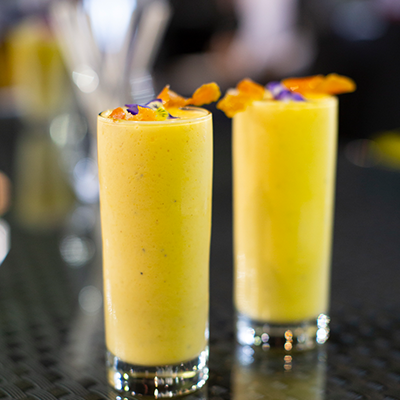
Inu
People

Tangata
Wellness

Ora





